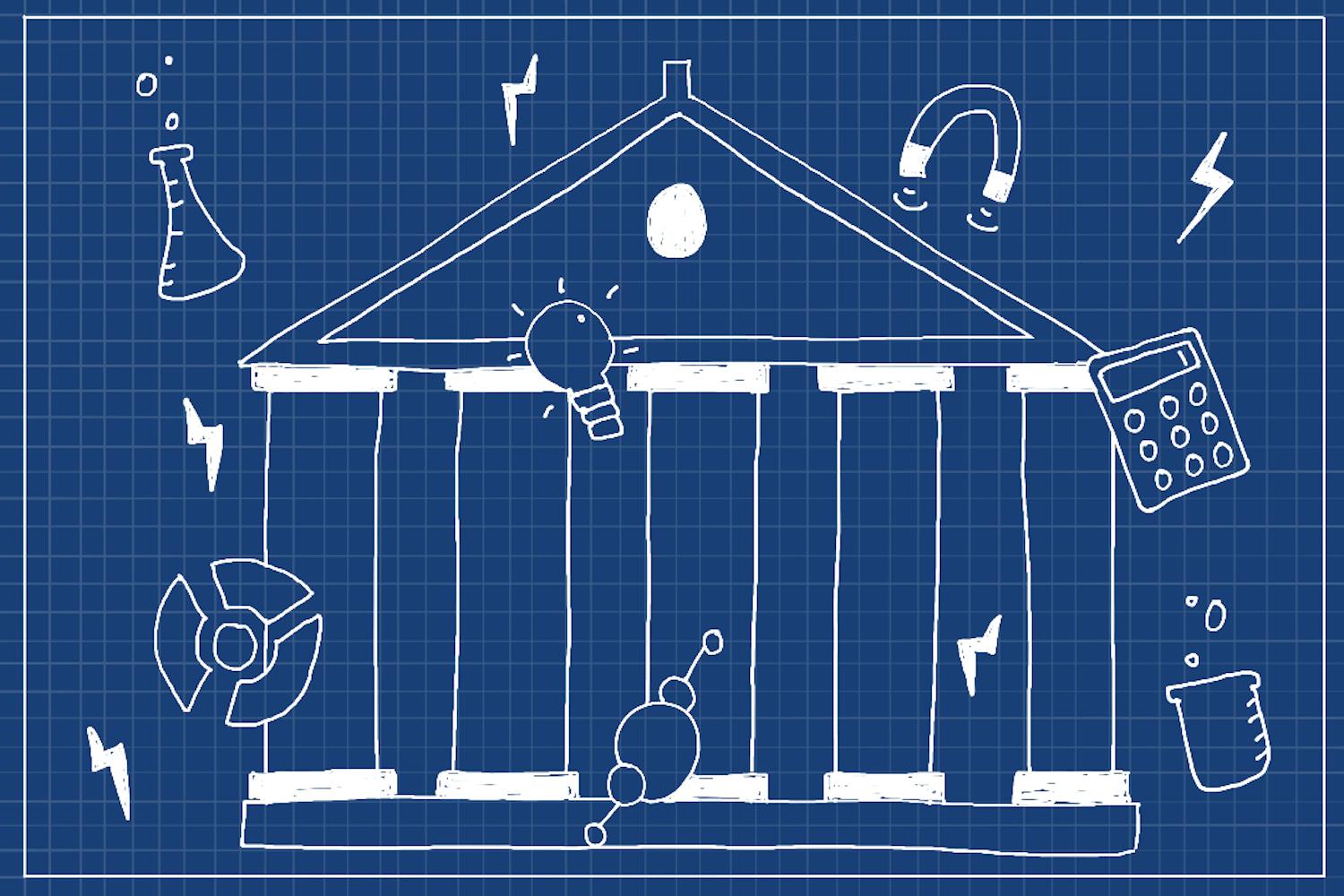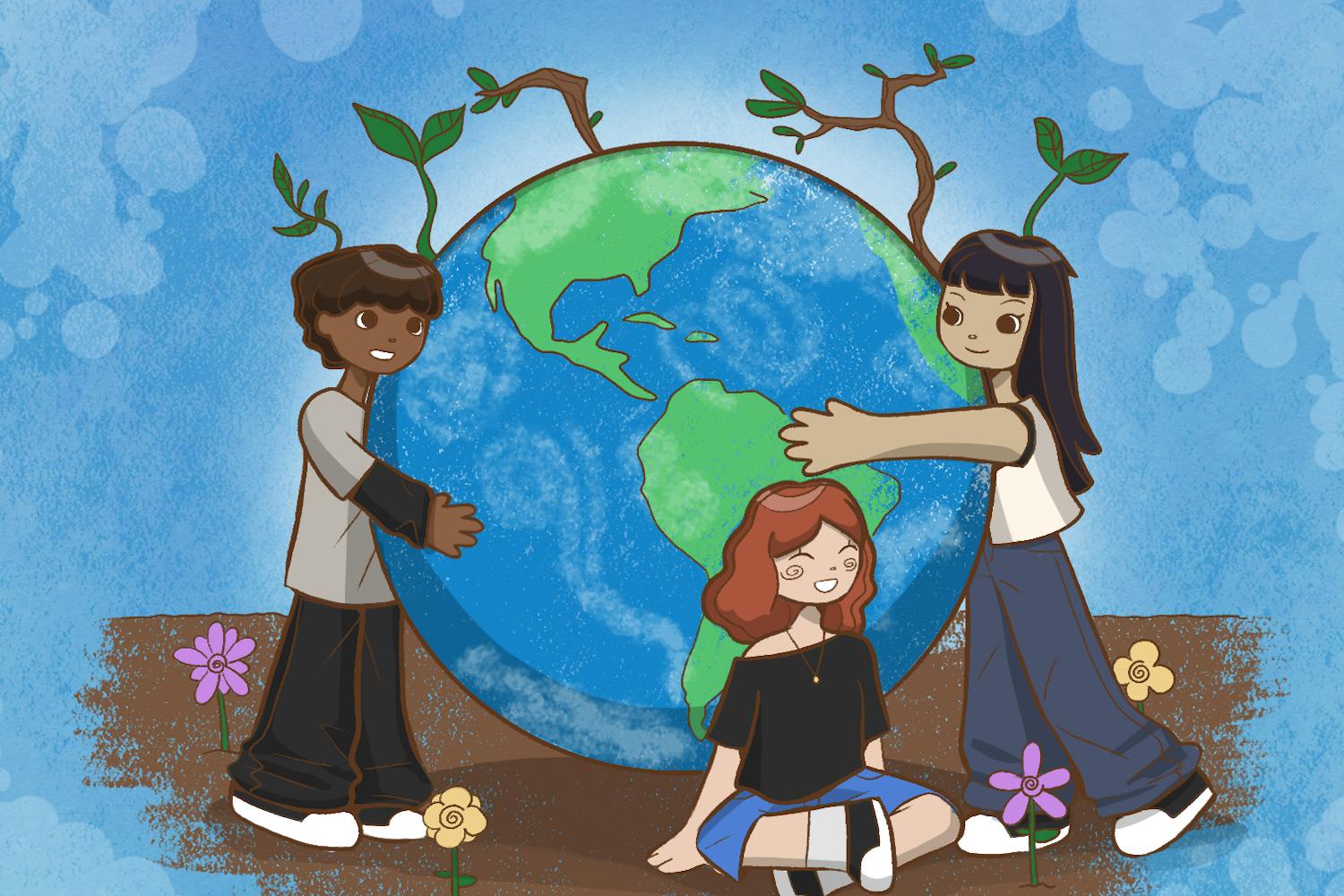I once went to an alpaca farm with a few friends. The woman who owned the place asked us what we studied. I told her I was a biology major.
About an hour later, she asked if any of us knew how long an alpaca pregnancy lasted. She seemed disappointed when I said I didn't know.
"I thought you would know that from your biology classes."
I recently went to a party where I told someone about my research on ants, which prompted the question, "Do you make mutant ants or something?"
Experiences like this are extremely common and it begs the question: Why do so many people have no understanding of what being a scientist is actually like?
Just look at how popular culture has historically depicted scientists. Almost always, a character who is a scientist is socially incompetent or developmentally challenged in some way, yet inhumanly brilliant.
Perhaps the worst example of this kind of misinformation in regard to scientists is the absolutely awful CBS sitcom, "The Big Bang Theory."
In addition to being amazingly unfunny, this show depicts scientists as being utterly incapable human beings in almost every way.
The premise of every "joke" in this show rests in the assumption that scientists are nearly always male and completely hopeless with women.
As someone who actually does science and interacts regularly with scientists, I can confirm that the ridiculous stereotyping of scientists in pop culture is totally bogus.
Most scientists are regular people of average to slightly-above-average intelligence and are generally as socially competent as nonscientists.
The more interesting scientists among us are less like Urkel (of ABC's "Family Matters" fame) and more like the lead singers for The Descendents and Bad Religion, both of whom are scientists with doctorate degrees.
Considering careers in science and engineering are becoming some of the fastest-growing job sectors and our society is totally dependent on the products they make possible, it is becoming less excusable to continually depict scientists in such ridiculous ways as pop culture has managed to do since the age of Dr. Frankenstein.
It's time to accept that scientists are actually pretty boring compared to how they are portrayed in media.
When you saturate the airwaves with images of inhumanly brilliant scientists all the time, you ensure that the legitimately amazing things they do go unnoticed.
Reach the columnist at Jacob.Evans@asu.edu or follow him at @jacobevansSP
Want to join the conversation? Send an email to opiniondesk.statepress@gmail.com. Keep letters under 300 words and be sure to include your university affiliation. Anonymity will not be granted.



